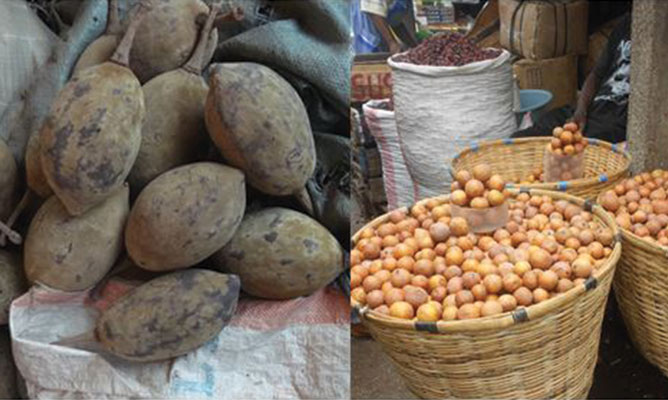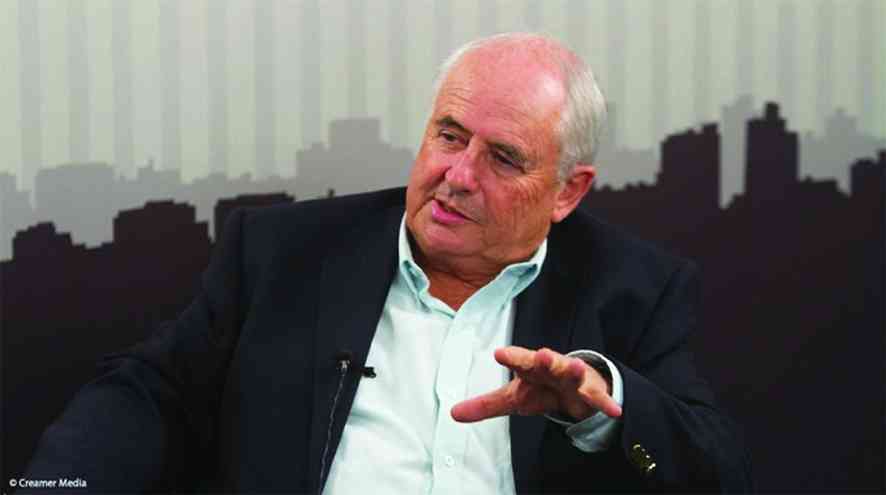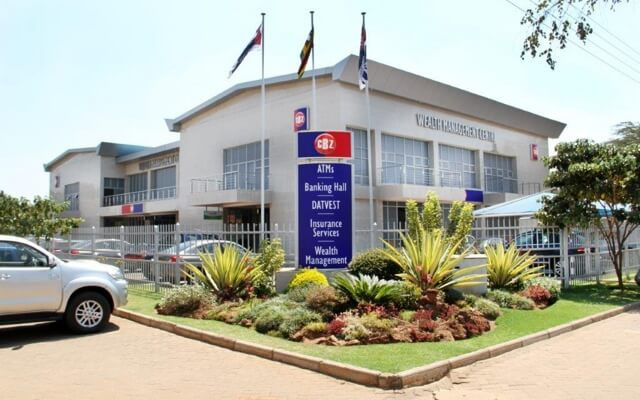
One of the dominant facets of colonisation is visible in the structure of African formal food industries. Many African countries are stuck with infrastructure designed for supporting manufacturing of a few agricultural commodities, mainly for the export market.
CHARLES DHEWA
Such commodities include maize, beef, coffee, tea, cocoa, soya bean, tobacco and wheat. The biggest mistake by African governments was to cling to the myth that only these few commodities out of thousands found in Africa, can transform African economies.
Consequently, billions of dollars continue to be poured into promoting these few commodities which, in most countries have reached their ceiling.
Given the decreasing buying power of local consumers, it is naïve for African governments to continue celebrating an increase in the production of monocrops like maize, tobacco and wheat. When everyone has maize, who will look for maize to buy?
Handicaps in moving from knowledge to action
While there is increasing awareness and knowledge on the limitations of colonial agricultural model, African policymakers are failing to break out of structural limitations imposed by a colonial economy and food system.
Since the 1950s, governments, the private sector and development agencies have poured billions of dollars into maintaining colonial infrastructure like research stations that focus on a few commodities.
- Chamisa under fire over US$120K donation
- Mavhunga puts DeMbare into Chibuku quarterfinals
- Pension funds bet on Cabora Bassa oilfields
- Councils defy govt fire tender directive
Keep Reading
Manufacturing plants that have outlived their usefulness and big maize silos that are no longer relevant for rapidly changing consumption patterns. Maize seed companies have invested millions into monocrop research stations. In Zimbabwe, the most advanced laboratory supports tobacco production, while there is no decent research station for hundreds of foods consumed and traded by the majority.
Transforming African agriculture will mean radically doing away with some of the above infrastructure that continues to reinforce structural economic problems. It means doing away with traditional research stations in which huge costs have been sunk.
It means doing away with mono crop storage silos which are gobbling millions of dollars in maintenance costs. Most importantly, it means doing away with knowledge associated with these commodities and infrastructure.
However, this is a big threat to thousands of knowledge workers who have spent all their lives and resources studying maize, tobacco, exotic livestock breeds, cocoa and nothing else.
Researchers working for international research outfits like the Consultative Group in International Agricultural Research (CGIAR) will certainly not vote for transforming the current structural status quo because it means throwing away all the knowledge they have gathered and experimented with for generations. However, something has to change.
Resistance to new evidence and knowledge
When policymakers in developing countries and development organisations look at the scale of transformation required to change the above situation, no amount of knowledge will convince them to take corrective action.
Due to self-interest, they would rather resist change and ignore fresh evidence from alternative sources like informal agriculture markets, which support the majority of local consumers. Instead of continuing to research and promote mono crops.
Developing countries are squandering opportunities to re-interpret their food system and build new collaborations through lessons from informal markets. In fact, informal markets can be fundamental in generating new theories of change that can be owned by local people and policymakers.
Embracing knowledge from informal markets can generate ground-breaking insights through answering the following questions and issues:
- The social, economic, ethical, cultural and political characteristics of food systems in developing countries?
- How can informal markets support the discovery of culturally-rooted food supply models?
- How can development agencies assist communities in mastering their natural resources advantages in a globalising world?
- How can researchers open policy makers’ eyes to the fact that resilient food supply models have a long history and strong cultural roots from which the modern world can learn?
Despite ordinary people’s growing trust and faith in African informal food markets and local ways of sharing food, policy makers, the private sector and development agencies are not investing in the development of these resilient food sharing networks.
Such efforts should begin with facilitating systematic reflection of how informal food markets can be theorised and practised. This will ultimately reveal the strengths and weakness of conventional colonial food systems that are competing with local food systems, vividly expressed through informal markets.
There is no way food theories developed in the West can capture all the peculiarities and roles of informal food markets in diverse African contexts.
[email protected] / [email protected] / [email protected] Website: www.emkambo.co.zw / www.knowledgetransafrica.com eMkambo Call Centre: 0771 859000-5/ 0716 331140-5 / 0739 866 343-6











